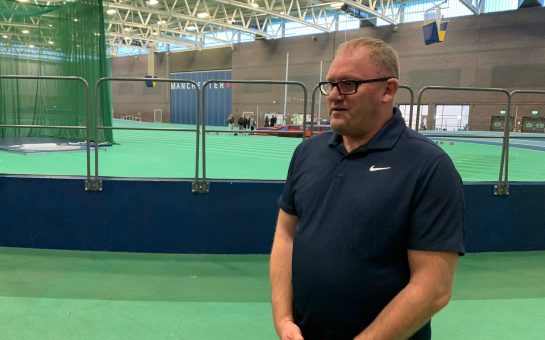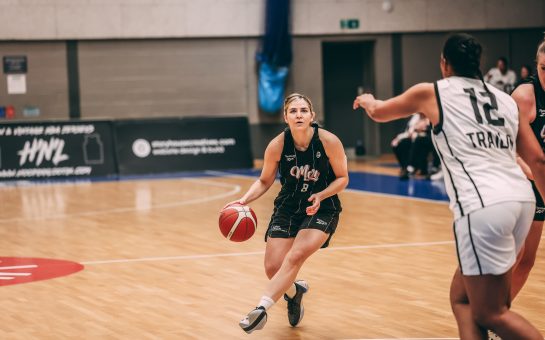Newborn babies across Manchester will be screened for four dangerous and potentially life-threatening genetic disorders from today.
The proposed tests will check for homocystinuria, maple syrup urine disease, glutaric aciduria type one and isovaleric acidaemia.
Early detection and treatment will prevent babies from early death or becoming severely disabled.
Andrew Morris, Consultant in Paediatric Metabolic Medicine at Central Manchester Foundation Trust said: “We are delighted that we will now offer newborn screening for four new genetic disorders.
“Testing for these conditions will lead to early detection and treatment and will prevent affected babies from dying or being severely disabled for the rest of their lives.”
Dr Anne Mackie, Director of Programmes for the NHS Screening Programmes, part of Public Health England, said: “Screening for these rare disorders has the potential to benefit around 30 children in England each year.
“The early identification of these conditions can prevent death and significantly improve the quality of life for those living with these conditions.”
The previously untested disorders stop the body from being able to break down the amino acids from which proteins are formed, allowing harmful chemicals to build up and lead to severe disability or death.
St Mary’s Hospital, part of the Manchester University Hospital, is one of 11 Genomic Medicine Centres in the country that will test samples collected from local babies.
Public Health Minister Jane Ellison said: “This is really welcome news. Expanding the screening has the potential to make a huge difference to the lives of babies born with rare genetic disorders.”
Under the new measures, midwives will collect samples from babies using the ‘heel prick’ tests, a method already used on newborns from five to eight days old, to check for conditions such as cystic fibrosis.
Jane Ellison added: “Detecting the disorders early can help prevent babies being severely disabled or even dying, which is absolutely vital for the families affected.”
Image courtesy of Anders Andersson, with thanks.



